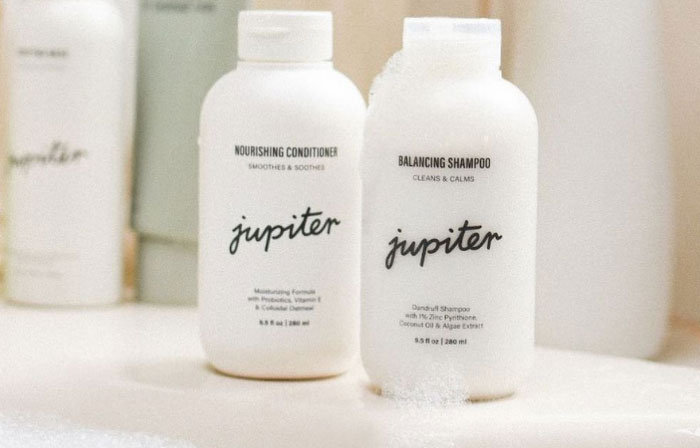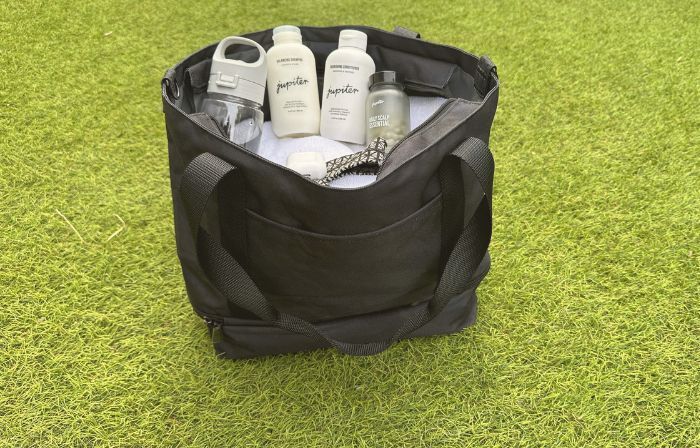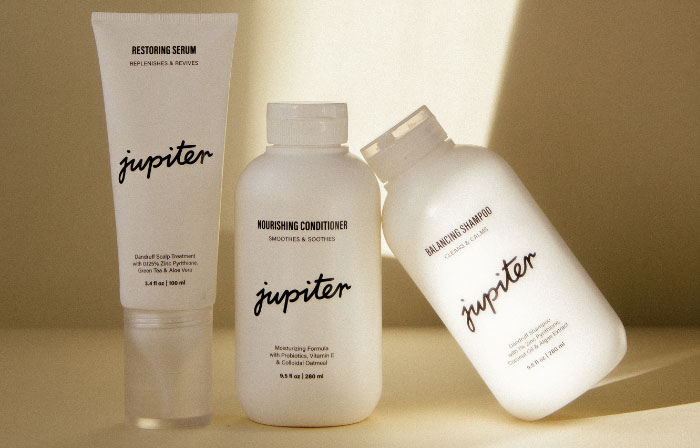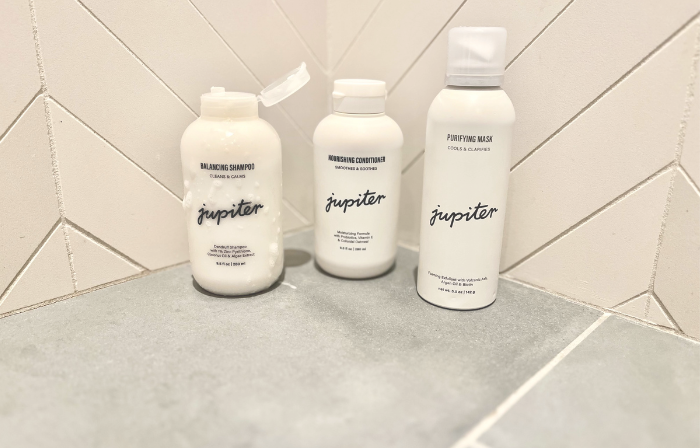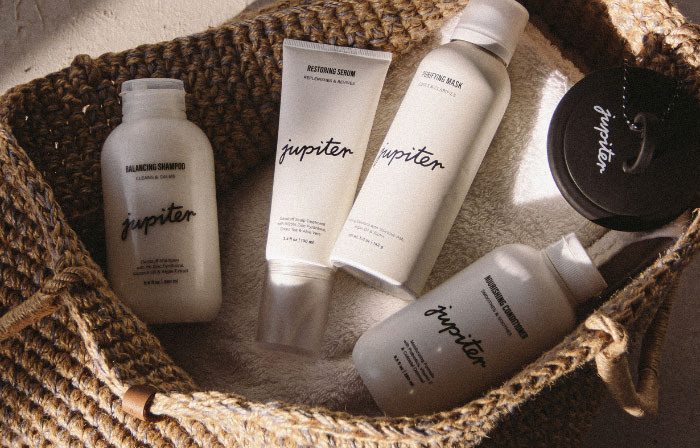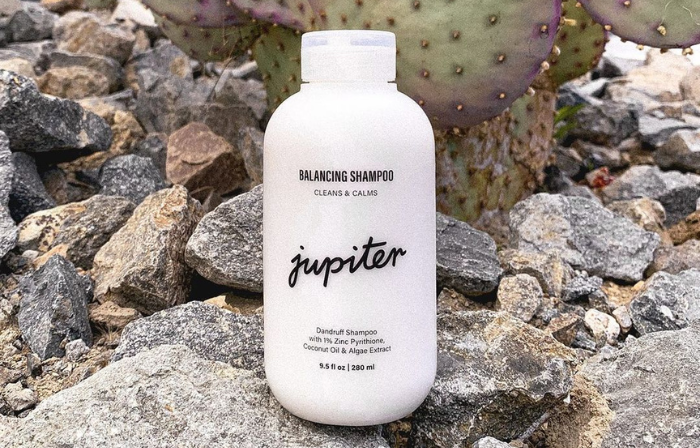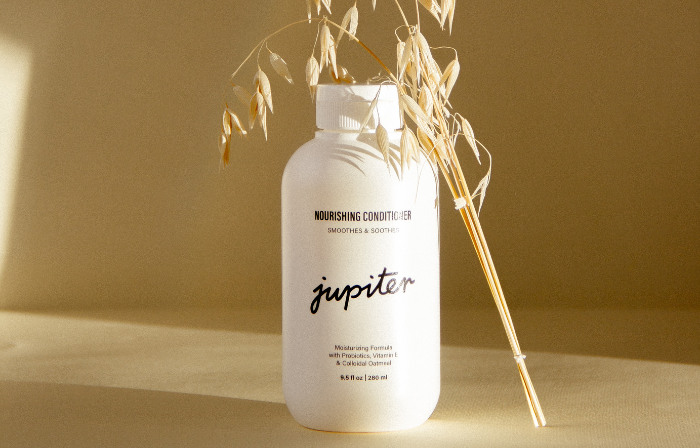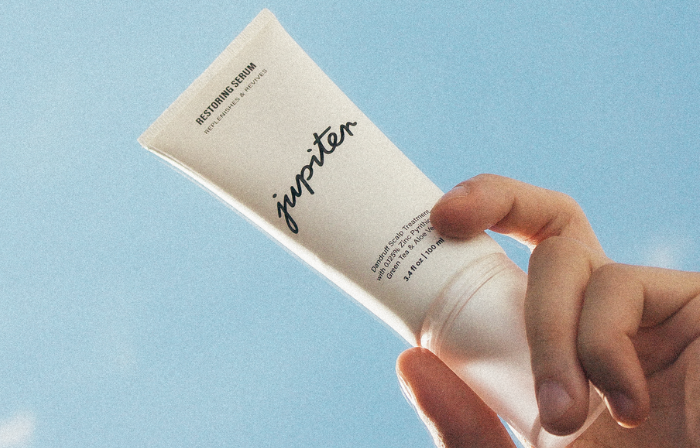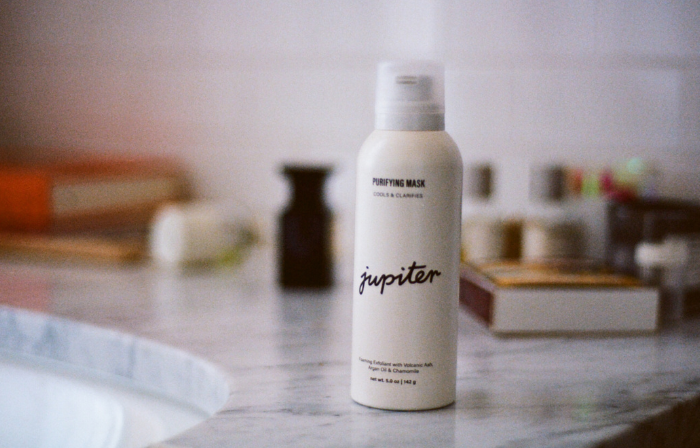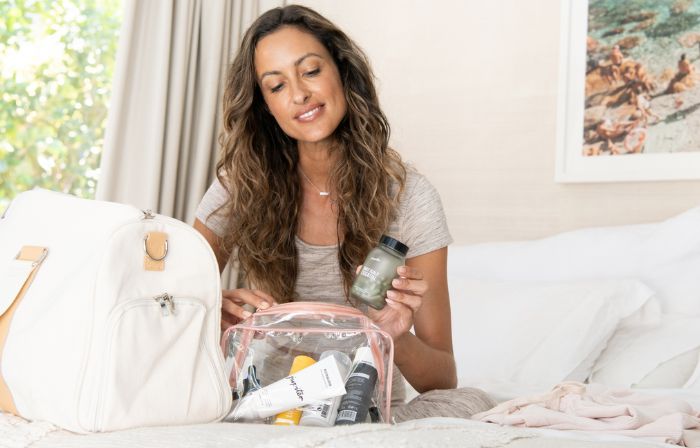🫶🏻 OUR 5% PLEDGE TO HER
#STRONGHERTHANYESTERDAY - WE DONATE 5% TO WOMEN-DRIVEN CHARITIES. LEARN MORE.
Avoid These 5 Foods to Help Your Dry, Flaky Scalp
If you’re struggling with a skin condition like dandruff or eczema, you may feel like you’ve tried everything - washing less, washing more, changing up your pillowcase, using different hair care products, and so on. But it might surprise you to learn that diet is intimately related to skin and scalp health. That means some foods can trigger or worsen dandruff and eczema flare-ups, while some anti-inflammatory foods can help alleviate it.
We’ve rounded up the five worst offenders - common foods you should avoid to help your dry, flaky scalp. Before we get into that elimination diet, however, let's review exactly why diet is so crucial for supporting your scalp and hair health - and how dietary changes can affect conditions like dermatitis, eczema, and psoriasis.
The happy hair diet
It’s a cliche, but you really are what you eat. Poor nutrition can cause problems like dry skin, hair loss, and dandruff. More importantly, while products like coconut oil can help revitalize your skin, they're not a substitute for a proper diet (even if they do feel nice when you're itchy).
Healthy hair requires omega-3 fatty acids like those found in fish oil and almonds, as well as specific vitamins and protein. Many people follow diets that lack certain essential nutrients like Vitamin B6 and B12, and this can lead to poor hair health over time.
Fortunately, eating a nutrient-rich, whole food diet with added nutritional supplements can offset the worst impacts of diet, while products like dandruff shampoo can deliver essential nutrients straight to your hair and scalp. The best dandruff shampoo choices complement a proper diet but don't replace it.
So what about the foods that are actively bad for you and can worsen problems like dandruff? Let's take a closer look at these.
Problem Food #1: High-Mercury Fish
Normally, fish is good for your skin and hair. With a delicate dressing of apple cider vinegar and plenty of essential fatty acids, fish is often thought of as a healthy, nutrient-rich food to consume weekly. But is it?
High-mercury fish can actually lead to hair loss over time as the mercury moves throughout your body - and this is especially common among people who eat a lot of sushi. Fish to be cautious of include mackerel, swordfish, and certain types of tuna.
As alternatives, look for fatty fish like shrimp, sardines, salmon, and canned light tuna. These all tend to be low in mercury, so eating them can help you improve your hair, scalp health, and eczema symptoms. Also, these types of seafood are widely available in supermarkets and stores, which makes them easy to add to an eczema diet or healthy hair diet on practically any budget.
Problem Food #2: Sugar
We all know that too much sugar is bad, although it can be delicious, and that it can lead to (or worsen) problems like seborrheic dermatitis and psoriasis. If you want to get rid of dandruff, you'll need to address your scalp health from both inside and outside your body.
Sugar can cause flaky skin, itching, and damage to your hair follicles because it encourages the production of androgen, a hormone that shrinks hair follicle sizes. That means you could quickly develop dandruff, and many medicated shampoo options won't treat the source of this issue. If you want healthy hair, limit your intake of sugar.
Healthy hair requires fatty acids like those found in fish and almonds, as well as specific vitamins and protein.
Problem Food #3: Excessively Low-Protein Foods
Hair is made of protein, so if you eat low-protein foods all the time, you might damage your hair and worsen problems like dandruff. When most people think of protein, they think of meat. However, many plant foods are incredibly rich in protein - so don’t worry if you’re vegan or eating a plant-based diet. Just get some protein-rich foods like tofu, lentils, and beans. These might minimize dandruff, provide the fundamental nutrition your hair needs, and even make it easier to remove dead skin cells that linger on your scalp.
Problem Food #4: Vitamin A Supplements
All right, we're cheating a little for this one. Supplements aren't exactly food, but many people take them with food, and vitamin-specific supplements could be a problem for your hair and skin cells. Within the supplement industry, you usually have multivitamins that have small amounts of many different vitamins and minerals, then specific supplements that have a lot of a single nutrient.
This can be a problem with Vitamin A which, when taken in excess, may cause hair loss in ways that hair products can't mitigate. If you have other conditions like atopic dermatitis, oily scalp, or itchy skin, excessive vitamin A could also contribute to those issues.
Problem Food #5: Alcohol
Okay, we're cheating again - alcohol is a drink. Too much alcohol can lead to itchy skin because it reduces the overall levels of zinc in your body. Zinc is fundamental to healthy hair growth, so over time, too much alcohol is bad. Alcohol is still fine for your hair in small amounts, so you don't have to completely avoid it when trying to get your dandruff under control.
Alcohol can also dehydrate your body, which could affect conditions like dermatitis and dandruff. Make sure you stay hydrated while drinking alcohol to mitigate the worst of these conditions.
What other foods may impact your scalp?
In addition to the foods listed above, some people can experience dandruff as a result of eating foods to which they have allergies or intolerances. For example, people with sensitivities to cow's milk and other dairy products, gluten intolerances, or other food sensitivities, food allergies, and food triggers may suffer from dandruff as a result of those foods causing inflammation in the body. Also, outside of allergic reactions, spicy foods may be dandruff and eczema triggers as they can cause the body temperature to rise, leading some people to sweat near the temple or scalp.
Some patients benefit from a gluten-free or low nickel diet, while others stay away from specific foods such as red meat, shellfish, or citrus fruits. Taking dietary supplements rich in antioxidants, vitamin C, vitamin E, or probiotics (which can also be found in fermented foods like kefir and sauerkraut) may help reduce atopic eczema and calm a flaky scalp. Speak to your dermatologist or health care provider about allergy testing to learn your specific food allergens and see which diet is right for your and your skin care.
Can shampoos help?
A healthy diet is fundamental to maintaining your hair's health - but using the right type of shampoo is fundamental. It's important to use a proven dandruff shampoo formulated with the active ingredient Zinc Pyrithione to truly treat dandruff. With the right products and a healthy diet, your scalp can maintain its natural, lustrous health, and your hair will appear strengthened and moisturized.
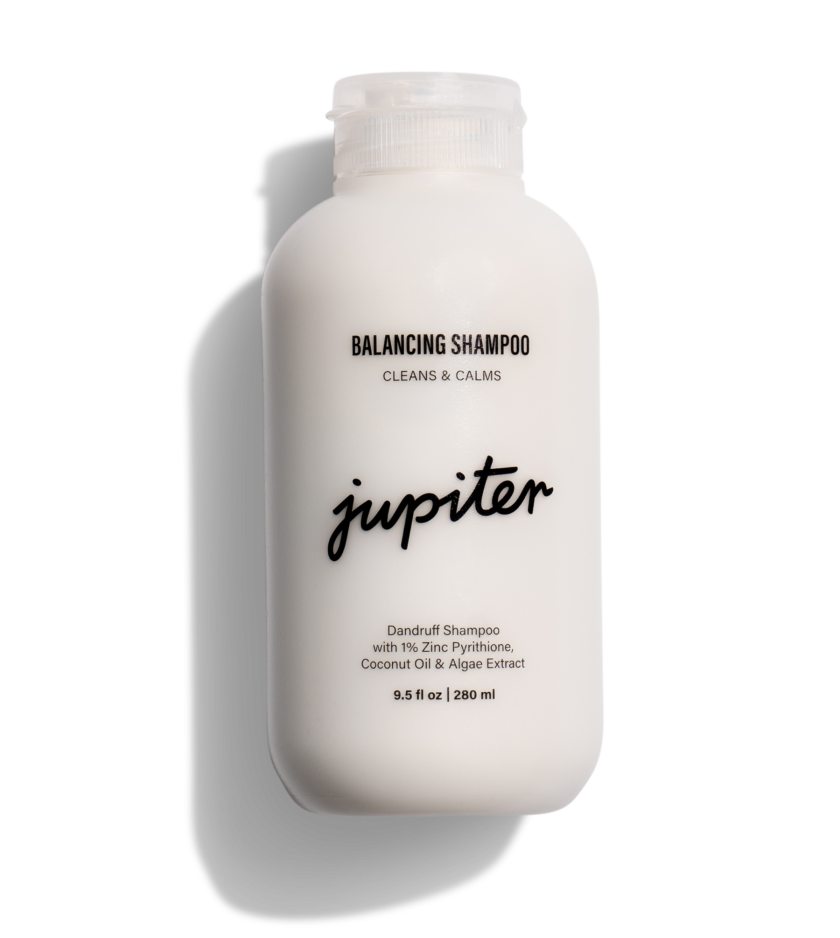
Meet our head honcho. This soothing multi-tasker gets to the root of flaking and irritation, thanks to our star active ingredient, Zinc Pyrithione. Backed by a lush aroma of mint, vanilla, rosemary, sage, tangerine, and lavender, it’s bound to elevate your mood, and your shower.
